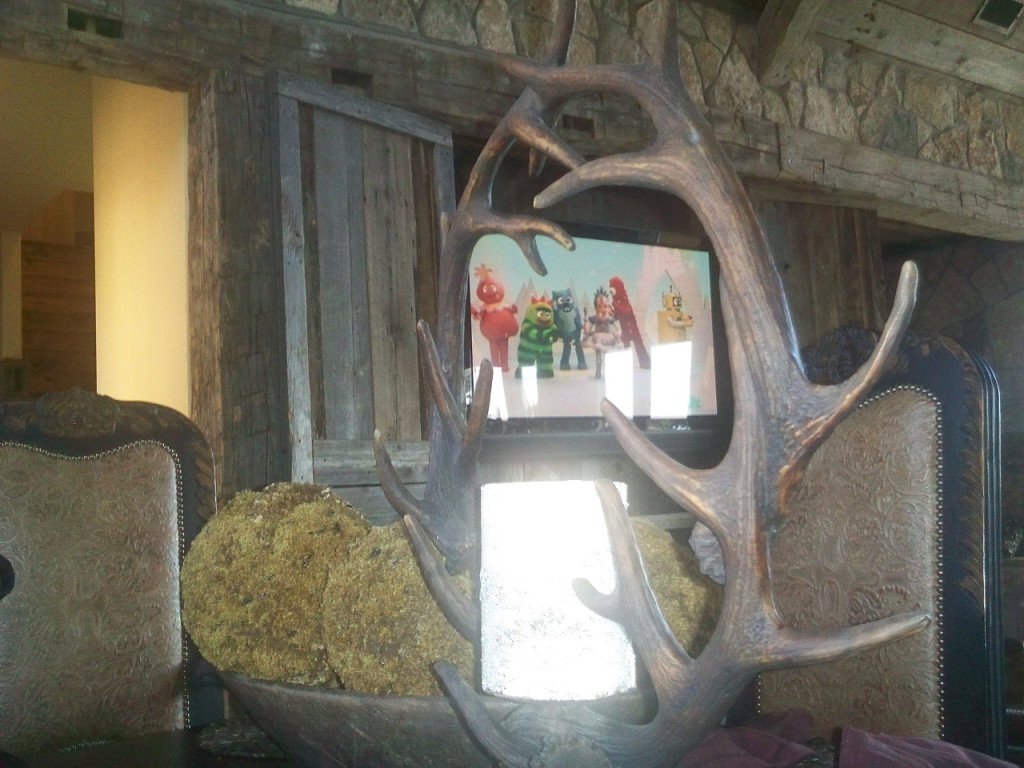photo by Sandra Dodd
__

Do you use books at all, Sandra?SandraDodd:
What do you mean "use books"?That mom:
As in curriculum, textbooks, etc.SandraDodd:
I use books like crazy—we need to look at what you mean by "use."
A lot of the problem with discussing all this is philosophical—the definitions of "learn" and "know" and things like that.If we talk about what we "do" and "use" and "are" instead of what's happening in and with our children we dance around the "thing" without seeing the "thing" (and the next philosophical problem is: what is this "thing"?)

"There's so much comedy on television. Does that cause comedy in the streets?"
—Dick Cavett
By twelve I could identify every breed of dog and horse that I had ever seen or read about and tell you how it was developed, where, why, and by whom. I spent every weekend and every afternoon at a dog show/horse show/event/trial or just hanging around the stable or kennel. I asked thousands of questions and "got my hands dirty." Many of my friends were adults with the same passions. Training, breeding, grooming, showing, husbandry—all of these things I learned because I was consumed by them!
But, of course, dogs and horses are NOT school subjects—and are completely unimportant in the school world. What if I had waited for a teacher to come along and say, "Today we are learning all about dog and horses"? Not only would I have waited all my life, the teacher would only have given me a "taste" of the subject!
OH! And you *can't* make a living with dogs and horses—right?
Stage one is often referred to as DEschooling. It's the period of time we need to give ourselves in order to "step away from the box" of school and school-think. Ask yourself why and how you learned your passion: whether it was music, cooking, flying, gardening, or long-distance running. Or even more "academic-like" passions, like Shakespeare, chemistry, World War II, or a foreign language. When you are comfortable with how learning happens by indulging in passions and making connections in your learning, you are quickly heading towards stage two.
Marty likes humor and history.
Holly's main reading is on the internet, but she likes name books, and other non-fiction and trivia. One thing she doesn't use the internet for is definitions and spellings. She likes my old full-size American Heritage Dictionary, and will sprint upstairs to look something up on the slightest excuse.



 |

 |
